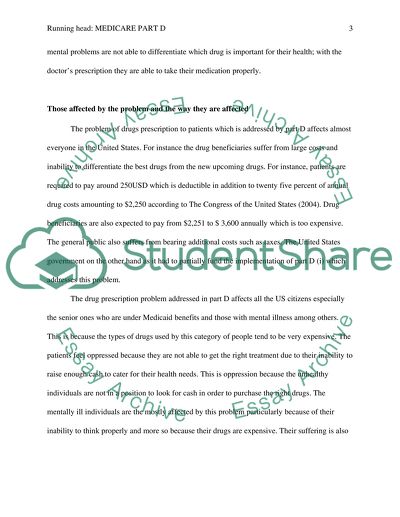Cite this document
(“Medicare Prescription Drug, Improvement, and Modernization Act of Term Paper”, n.d.)
Retrieved from https://studentshare.org/environmental-studies/1418234-medicare-prescription-drug-improvement-and
Retrieved from https://studentshare.org/environmental-studies/1418234-medicare-prescription-drug-improvement-and
(Medicare Prescription Drug, Improvement, and Modernization Act of Term Paper)
https://studentshare.org/environmental-studies/1418234-medicare-prescription-drug-improvement-and.
https://studentshare.org/environmental-studies/1418234-medicare-prescription-drug-improvement-and.
“Medicare Prescription Drug, Improvement, and Modernization Act of Term Paper”, n.d. https://studentshare.org/environmental-studies/1418234-medicare-prescription-drug-improvement-and.


